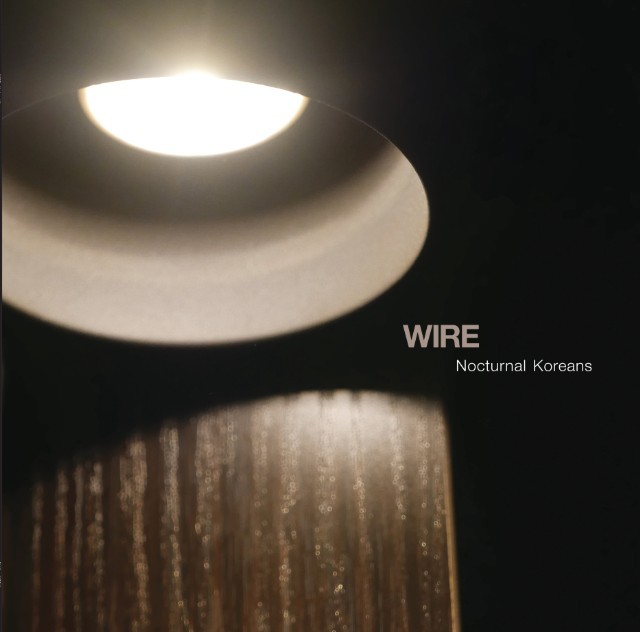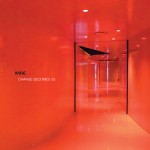Wire : Nocturnal Koreans

Punk always had a way with rhythm. From The Ramones to punk’s many offshoots, an incessant beat was crucial to drive every otherwise obnoxious complaint home. When it comes to music with a message, no one made it all gel like Wire did in their prime. On album number 15, Nocturnal Koreans, they stretch themselves and the idea of rhythm further than ever before, manipulating tempos or getting rid of them altogether. They’ve opened up their sound and, in the midst of 2016’s deathly cloud, have quieted their more obvious sloganeering in favor of more communicative music. They recorded the album as a deliberate reaction to the live-band quality of last year’s self-titled release. Their consideration reveals itself in spades, with their sound blossoming in a variety of tones, totally at odds with the compact claustrophobia of the early years.
The post-punk survivors’ supposed radicalism is debatable though far from the conservatism of most of their peers. A dominant influence on Nocturnal Koreans is Krautrock: “Dead Weight” is a Neu! tribute through and through, and not the only one. The genre has long been an influence not only on Wire but on nearly the entirety of modern pop music. That inspiration is simply pushed more clearly to the fore here than it was in the band’s past.
A key theme to Nocturnal Koreans is movement, and the many ways tempo shifts play with mood. Wire’s subtle method, always dead earnest yet mischievous, feels like a room of cheeky old Brits taking a studied look at Punk’s ancestral tree before chopping it straight down. Their message: You can very well scream the same complaints without relying on distortion, breakneck paces or even actual screaming. Though the snark in Colin Newman’s voice is still there, he opts to mute himself most of the time. In tune with the rest of the band’s millennial output, the music feels like an incredibly considered collage of sound, and the band members function more like observers outside the sonic architecture than involved anti-propagandists. “Pilgrim Trade” lies in 4/4 but somehow sounds like a waltz. “Forward Position” lacks a rhythm altogether, a defiant move for a band whose very bedrock is propulsion.
All throughout, every word of every track is sung in hindsight and with a weariness. It feels like, no matter what complaints Newman and Lewis have, there’s an undeniable resignation in the way their singing co-mingles with the somber music. That’s especially apparent in “Numbered,” which opens with a Far Eastern timbre and remains airy to the end, in spite of Newman’s usual sneer making the rounds and not letting up. The sound of Nocturnal Koreans is the sound of the young man’s revolutionary spirit at war with the encroaching old man’s resignation. A mellowness has permeated the band, but they’re anything but settled. By reacting against Punk, they carry the old spirit with them.
Similar Albums:
 Wire – Change Becomes Us
Wire – Change Becomes Us
 Absolutely Free – Absolutely Free
Absolutely Free – Absolutely Free
 Beak> – >>
Beak> – >>

